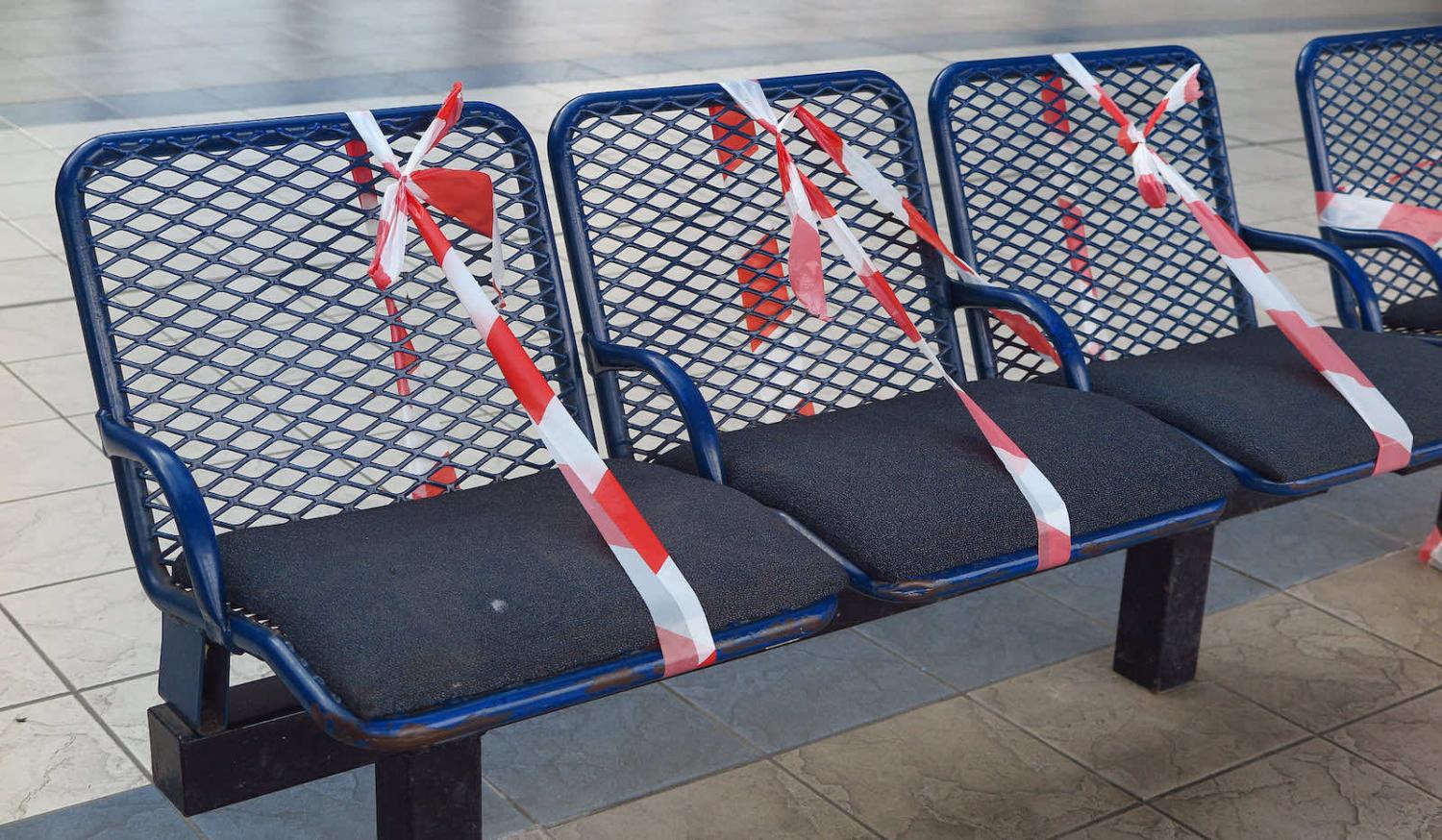The year began with a simple question that everyone wanted answered: can vaccines offer an exit plan from Covid-19? Rania MacIntrye:
There are more than 60 vaccines in clinical development and over 170 in pre-clinical development, which is very good news for the world … If any of the highly contagious mutant strains arising in the UK, Brazil or South Africa is introduced into the community, controlling the outbreak will be much harder.
And Lowy Institute researchers Alyssa Leng and Hervé Lemahieu assessed the countries that had best managed to respond to the crisis.
No single theory convincingly explains the differences observed in national outcomes … there has not been a singular “Western” experience as yet. Europe was for a time the most improved and best-performing region in the world prior to its second wave, while the United States was the worst performing overall. Countries in the Asia-Pacific performed more effectively on average, but the region remains highly stratified. Consistent success stories – including New Zealand, Vietnam and Taiwan – contrast with strugglers such as Indonesia.
India was especially hopeful its mammoth vaccine roll-out would set a global standard. Aarti Betigeri:
To its great credit, the Indian government has seemingly very pragmatically stepped aside and let the private sector do its thing. After all, India’s notoriously shambolic bureaucracy does not lend itself well to efficient service delivery.
But the world was instead shocked by the smoke of funeral pyres rising across India. “Delta” wasn’t part of the Covid lexicon as the year began but soon the virus mutation would bring new language about “fleeting transmissions” and with it, spiralling case numbers. Aarti Betigeri again.
The current crisis in Delhi and elsewhere in India, where a wave of Covid-19 has exploded like a bomb, has catalysed the country’s deep sense of malaise. The virus does not discriminate on the basis of religion or economic status, but the cheek-by-jowl living in India’s cities make its people a prime target.
Indonesia would join the desperate ranks of countries struggling with Delta’s spread. Eduard Lazarus and Teguh Maulana:
A religious festival has become a super-spreading event. The government knew the risk but didn’t do enough to stop it.
As would Vietnam. Helen Clark:
In the centre of the country, Da Nang had been preparing to welcome tourists before Delta arrived and plunged it into its own harsh lockdown in August. Some districts reported price hikes, lack of decent food deliveries, and general profiteering.
And Ishani Kaluthotage warned the virus would not spare Papua New Guinea.
In many provinces, there is not much interest in “Niupela pasin” (the new normal) or Covid-19 vaccinations. Life continues on as normal. However, Covid-19 has put an extra burden on PNG’s already weak health system. Many rural hospital and aid posts lack basic essential lifesaving medical supplies due to supply chain and transport logistical issues. These challenges have been exacerbated.
Beyond vaccine hesitancy, Andrea Chloe Wong was concerned that vaccine nationalism would hold back poorer nations.
Short-sighted hoarding ignores the world’s interconnected economy and threatens to prolong the Covid crisis.
Philippa Nicole Barr encouraged Australia to instead scale up its vaccine diplomacy.
The decision of where to allocate vaccines shows an appreciation of the vulnerabilities in Australia’s region and a responsiveness to the way it has been affected by the Delta variant of the disease. But the contribution clearly pales in comparison with Australia’s massive horde at home of 169 million doses – much of which we may not be able to use.
Even as “Omicron” took hold, Regina Jefferies warned a return the border closures of the past 18 months would only cause needless pain.
Australia has plodded along with the same approach it took at the very beginning. The latest ban on travellers entering from nine southern African countries again fails to provide humanitarian exemptions and relies on existing quarantine capacity.
Main image via Flickr user Tim Dennell

